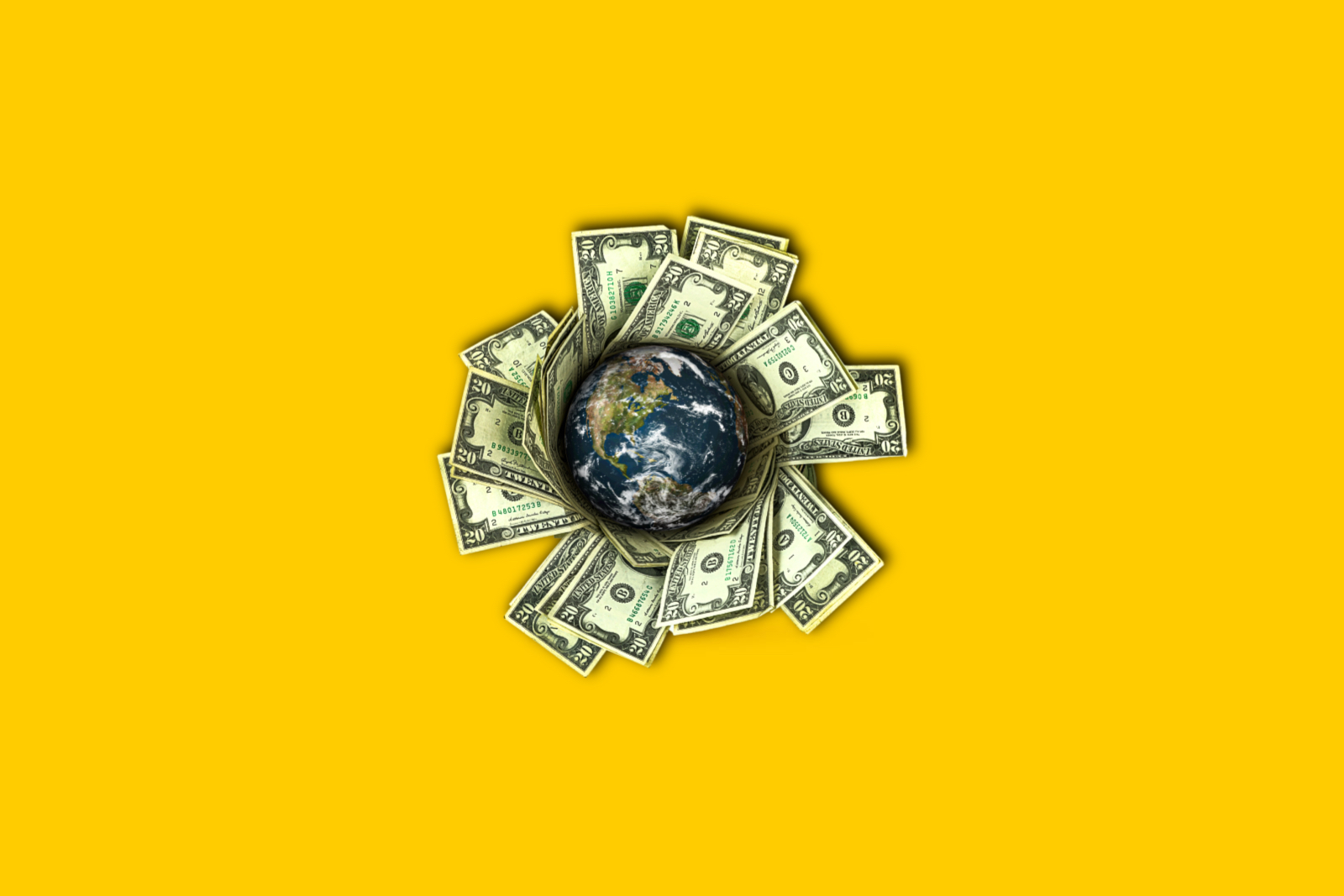
Washington Needs to Get its Fiscal House in Order
$5 trillion out of the current $31 trillion of U.S. national debt was accumulated from 1776 to 2000. The $26 trillion accumulated since 2000 jeopardizes the U.S. dollar reserve currency status. The United States needs to restore fiscal responsibility and live within its means to preserve its reserve currency status.
The United States benefits when the world uses the U.S. dollar for trade. Currently, the U.S. dollar is involved in 90 percent of transactions around the world. For example, if Mexico wants to sell avocados to China, the transaction is in dollars. If China wants to sell Huawei computers to Mexico the transaction is in dollars. Most countries trust the stability of the U.S. dollar. This gives the United States financial powers, such as the ability to run large budget deficits and the ability to impose sanctions. When used responsibly, the U.S. dollar is a powerful tool to ensure stability and order.
The BRICS is attempting to challenge the U.S. dollar dominance. Brazil, Russia, India, China, and South Africa are trying to circumvent the U.S. dollar. Why? They understand that the dollar’s reserve currency status undermines them. For example, due to the conflict in Ukraine, the U.S. has blocked Russia’s ability to trade in dollars, severely damaging its economy.
Led by China, these countries are slowly shifting financial leverage around the world. Countries settle transactions in currencies like the renminbi, undermining the dollar. Additionally, countries like Iran and Saudi Arabia are looking to join the BRICS group. Saudi Arabia, perpetually unhappy with the United States, is considering selling oil to China in renminbis. A shift away from the Petro-dollar will empower other countries and diminish U.S. leadership and global leverage.
Can it be prevented?
The U.S. needs to return to sustainable government spending rates. For perspective, in 2018, the U.S. government spent about $6.3 trillion and collected about $3.3 trillion from tax revenues. To fund its expenses in 2018, the U.S. government had to borrow about $3 trillion from creditors. Normally, when a business is operating on unsustainable credit, bankruptcy eventually happens. At current rates, U.S. national debt is expected to reach $41 trillion by 2026.
Why is unsustainable government spending bad for the reserve currency status of the dollar? Trillion-dollar U.S. budget deficits fuel inflation. To fund large deficits, the U.S. Federal Reserve prints currency which in theory is backed by U.S. treasury bonds sold to investors. A consequence of printing currency is inflation derived from an increase in the money in circulation. When more dollars are chasing the same number of goods or services, dollars lose purchasing power resulting in inflation. Such a loss of purchasing power is felt by every person or entity which has chosen to save wealth in dollars. Consequently, individuals and governments lose interest in assets that do not hold their value.
Economists and critics argue that the dollar is unlikely to lose its reserve currency status because the U.S. economy is the strongest in the world. However, the Chinese economy is expected to become the largest economy within the next two decades. China is strategically investing and building partnerships around the globe. The Chinese lead the Asian Infrastructure Investment Bank which has the potential to rival the U.S.-led World Bank and the International Monetary Fund. Through the Asian Infrastructure Investment Bank, China is establishing financial alternatives to the U.S.-led global financial system. The goal of countries like China and Russia is to become independent of the U.S. financial system because of the leverage the United States has over them through the dollar.
Live within your means is financial advice individuals often hear. Washington should adopt the same advice for the long-term stability of the dollar. Reserve currency status is not a right, it is a privilege. Countries rely on the dollar because the currency holds its value, is accepted everywhere and is backed by a stable and relatively respected government. When inflation erodes the dollar’s value, that reserve status is at risk.
The U.S. dollar is still the reserve currency. The U.S. economy is still the strongest. A return to U.S. financial responsibility – living within our means – will ensure that the United States continues to lead a world that benefits from U.S. institutions and leadership.
